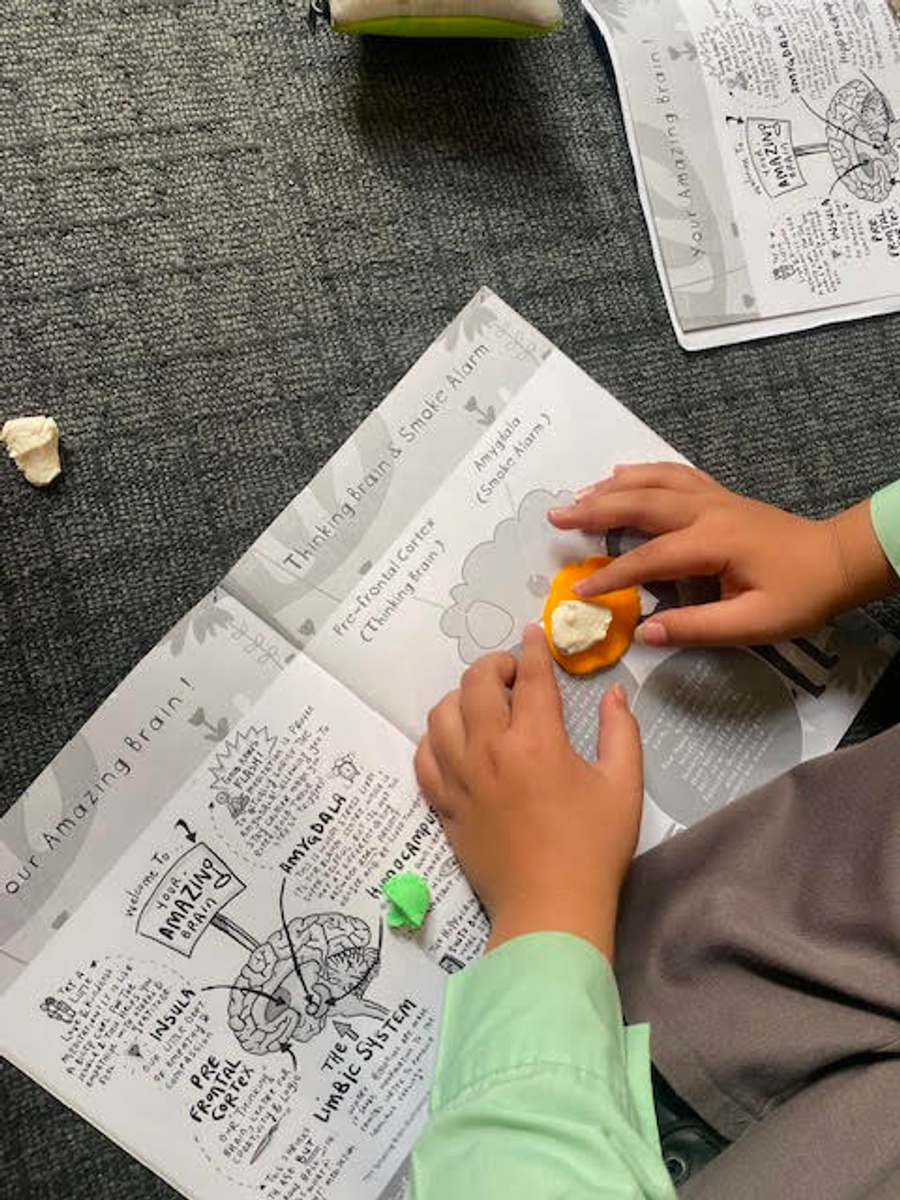The modern world seems to be literally and metaphorically ‘driving us to distraction’ more than any other time in history. This is contributed to by its faster pace and the overuse of technology. In order to address and manage the effects of our busy lives, we look for skills that we can use to cope with the modern world, including managing attention and developing skills in stress management, compassion and resilience. This is where Mindfulness comes in!
Mindfulness is important for children because it provides numerous benefits for their overall well-being and development. Here are some reasons why mindfulness is important for children:
- Emotional Regulation: Mindfulness helps children develop the ability to recognise and regulate their emotions. It teaches them to observe their thoughts and feelings without judgement, allowing them to respond to situations in a calm and balanced manner.
- Reduced Stress and Anxiety: Mindfulness practices help children manage stress and anxiety by teaching them to focus on the present moment and let go of worries about the past or future. It promotes relaxation and enhances their ability to cope with challenging situations.
- Improved Concentration and Attention: Mindfulness exercises strengthen children's attention span and concentration abilities. Mindfulness enhances their focus and reduces distractions by teaching them to bring their attention to the present moment.
- Increased Self-Awareness: Mindfulness encourages children to develop a greater understanding of themselves and their inner experiences. They learn to recognize their thoughts, emotions, and physical sensations, which helps them develop self-awareness and self-acceptance.
- Enhanced Resilience: Mindfulness cultivates resilience in children by teaching them to face difficulties with a positive mindset. It helps them develop skills such as patience, perseverance, and adaptability, enabling them to bounce back from challenges more effectively.
- Improved Social Skills: Mindfulness promotes empathy and compassion, helping children develop better interpersonal skills. By learning to be present and attentive, they become more aware of others' emotions and perspectives, fostering kindness, understanding, and effective communication.
- Better Sleep: Mindfulness exercises and relaxation techniques can help children improve their sleep quality. By reducing stress and calming their minds, mindfulness promotes a peaceful state conducive to restful sleep.
- Overall Well-being: Mindfulness nurtures a sense of overall well-being in children. It supports their mental, emotional, and physical health, contributing to a positive outlook on life, increased happiness, and improved overall quality of life.
The Peaceful Kids Program is currently being implemented at St Francis Xavier. I have the honour of guiding students through age appropriate activities, discussions and opportunities to incorporate mindfulness into their daily lives. The program, builds the children's toolbox full of skills and strategies that will develop lifelong practices that promote well-being and resilience.
Watching children grow and develop in ways that make them glow from the inside is such a joy.
Kind Regards
Fiona Scullion
Assistant Principal (acting)






